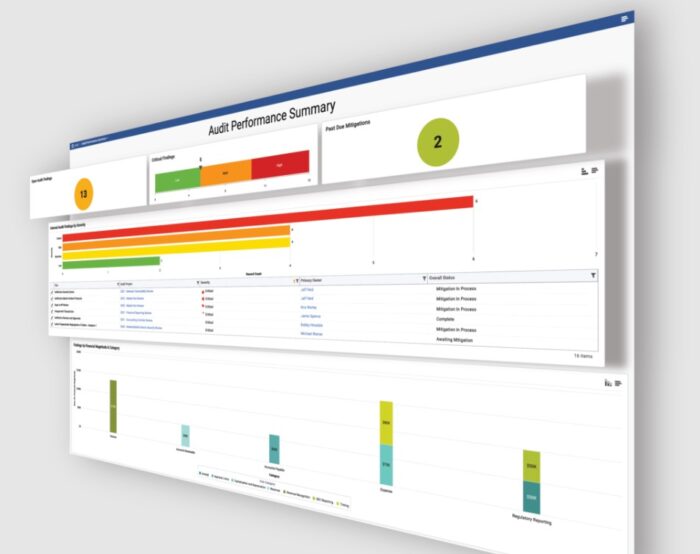
A software audit is when a software company reviews its records to ensure that clients are using the software properly and legally. Audits aim to identify any unauthorized or under-licensed use of software.
Software companies like Oracle have legal teams that routinely perform audits on businesses. They compare their sales and licensing records against the software installed or used at a company. If there is a discrepancy, the software provider may claim the business owes money for additional licenses or fees.
Most software licenses have legal language allowing providers to audit clients. And with enterprise software costing tens of thousands of dollars per license, providers have significant financial incentive to conduct audits.
Why Might Your Business Get Audited?

According to the experts over at Miro Consulting, there are several reasons why your business could get selected for a software audit, including a Microsoft or Oracle audit. Common triggers include:
Mergers and Acquisitions
When companies merge or acquire other businesses, software licenses often get consolidated. This process can reveal undiscovered software assets or uncover unused and unnecessary licenses. Software providers will want to reconcile records after significant corporate changes.
Employee Tips
Disgruntled employees aware of unauthorized software use may tip off providers to collect a reward fee or something similar. Then there are those software companies that offer financial incentives for valid leads about insufficient licensing.
License Agreement Terms
Many license agreements have provisions allowing random audits, regardless of other factors. Software providers reserve the broad right to review licensing compliance, even without cause.
Version Upgrades and Support Renewals
When renewing version upgrades or technical support contracts, providers examine their records to accurately quote pricing. This gives software companies insight into changes needing licensing adjustments.
What Happens During a Software Audit?

The audit process varies by software vendor, but commonly includes:
Initial Notice
The software provider sends a formal letter requesting proof of licenses owned, providing a deadline for the company to respond.
Evidence Collection
The business inventories all software installations, purchase records, and usage metrics requested.
Reconciliation
Auditors compare licenses owned against actual deployments, identifying any discrepancies or unauthorized use.
Final Determination
The software provider presents audit findings and specifies any required licensing purchases or fees based on contractual non-compliance.
Negotiations and Settlement
The business can negotiate the audit findings and may mutually agree on reasonable settlement terms. But providers like Microsoft and Oracle typically leverage deep legal resources to advance their interest.
Preparing for an Audit

While software audits feel disruptive and adversarial, being prepared can help businesses manage the process. Recommended best practices include:
Centralize License Management
Actively track all software licenses in a central repository to efficiently pass an audit. Document any available license purchase records.
Optimize Licensing Configurations
Right-size license deployments to needs, consolidating unused licenses for reallocation. Avoid shelfware.
Formalize IT Policies
Document internal IT and software management policies to show operational maturity.
Designate Audit Liaisons
Assign staff members to be the point persons during audits, skillfully interfacing between your company and the auditor.
Involve Legal Counsel
Seek professional legal advice to represent your business interests during the audit process.
The Reality of Modern Software Audits

Software audits are increasingly commonplace in our digital business environment. Companies like Oracle and Microsoft maintain some of the most aggressive and sophisticated auditing programs targeting enterprises worldwide.
Conclusion
Audits do not need to be feared; they can have positive impacts when they are prepared for properly. View audits as an opportunity to optimize software management and licensing efficiency. With an accurate software inventory and evidence of licenses owned, audits should confirm your optimized licensing configuration.








